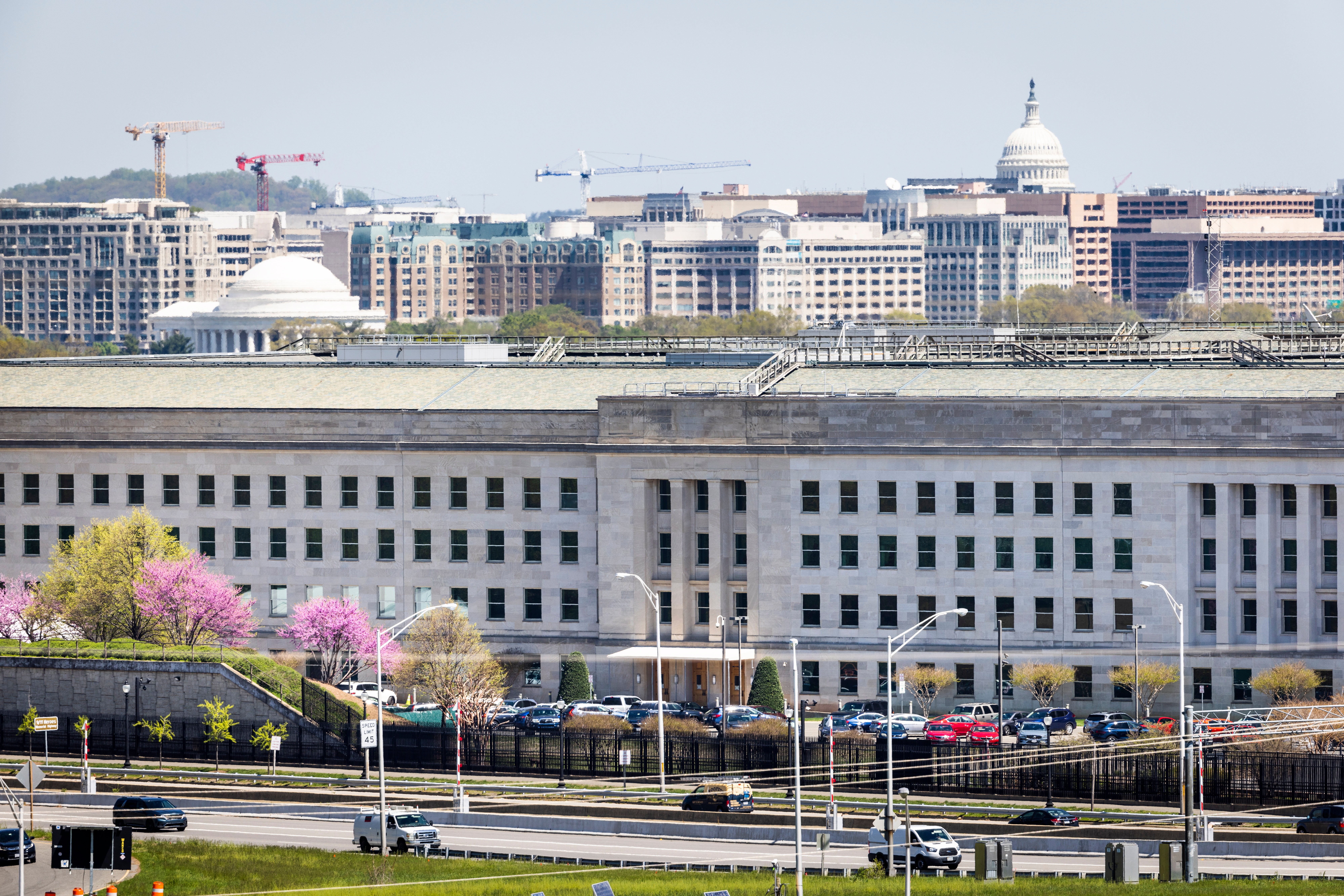The diplomatic damage done by the Pentagon leak about Ukraine won’t last long
Allies will be wary of letting the fallout meddle with their support for Kyiv, writes Chris Stevenson


As the administration of Joe Biden scrambles to assess the damage done after classified Pentagon documents made their way into the public domain, US officials will also need to soothe the country’s allies.
The effects of the leak will be felt much more acutely in the short term than in the long term, if previous incidents are anything to go by. After WikiLeaks published American diplomatic cables in 2010, the US was quick to play up the severity of the security risk, and how the episode could affect the country’s diplomatic operations. The same arguments were made after Edward Snowden’s disclosures of National Security Agency (NSA) documents in 2013.
Pentagon officials have said that the latest incident poses “a very serious risk to national security” and that it has “the potential to spread disinformation”. In the Wikileaks and Snowden incidents, the long-term impact was overblown. There is no doubt, though, that this leak is embarrassing for the US, and there will be a need to reassure those countries with whom it shares information.
As is usual with such things, the devil is in the detail – and the level of detail in these papers will no doubt mean some changing of plans for the US, Ukraine, and possibly other countries. It may also mean that some US allies are more cautious about sharing information for a time. The operational data that has come to light is much less comprehensive than the thousands of documents involved in the Wikileaks and Snowden episodes, but it is more timely.
Some of the documents appear to be six to eight weeks old. The fact that they are so recent, and that some hint at elements of a widely expected Ukrainian counteroffensive, is what makes them potentially damaging. The publication of a warning from February about Ukraine potentially struggling to maintain its air defences will not have been welcomed by Kyiv; see too the suggestion that the aforementioned counteroffensive may bring “modest territorial gains”.
The leak also plays into the information war that has become such a crucial factor in Russia’s invasion of Ukraine. Moscow will be happy to try to sow discontent among allies of Kyiv. The united front that the West and other allies have (for the most part) put up over Ukraine has left Russia increasingly isolated.
The leadership in Seoul has shown how the other side of that coin will work. One of the documents included in the leak gives details of internal discussions among South Korean officials about US pressure on Seoul to help with the supply of weapons to Ukraine, suggesting that the US could have been spying on South Korea, one of its most important allies. Responding to condemnation from opposition legislators, the office of South Korea’s president Yoon Suk Yeol said in a statement that suspicions that the president’s office in Seoul had been monitored were “utterly false”, and that any attempt to shake the country’s alliance with the US was “compromising [the] national interest”. The president’s office alleged that the documents had been “altered”.
The idea that the US spies on its allies is not a shocking one – the NSA leak laid out as much. So it is likely that there will be a willingness from the country’s allies to move on from the leak, and to concentrate on cooperating to assist Ukraine – particularly as Kyiv has repeatedly stressed the importance of weapons arriving quickly to help to fend off Russian advances.
So it will be a case of working the phones, as the US secretary of defense, Lloyd Austin, did when he spoke with his South Korean counterpart on Tuesday. Meanwhile, Ukraine’s foreign minister, Dmytro Kuleba, said that the US secretary of state, Antony Blinken, had assured him of America’s “iron-clad” support. “The U.S. remains Ukraine’s trustworthy partner, focused on advancing our victory and securing a just peace,” Mr Kuleba tweeted.
Such leaks remind countries like Russia – as well as US allies – of the sheer scale and reach of Washington’s operations, something the Pentagon will not mind. There is obviously short-term damage from these documents coming to light, but the long-term damage to US operations, and to its diplomatic ties, will probably be minimal.
Subscribe to Independent Premium to bookmark this article
Want to bookmark your favourite articles and stories to read or reference later? Start your Independent Premium subscription today.



Join our commenting forum
Join thought-provoking conversations, follow other Independent readers and see their replies
Comments